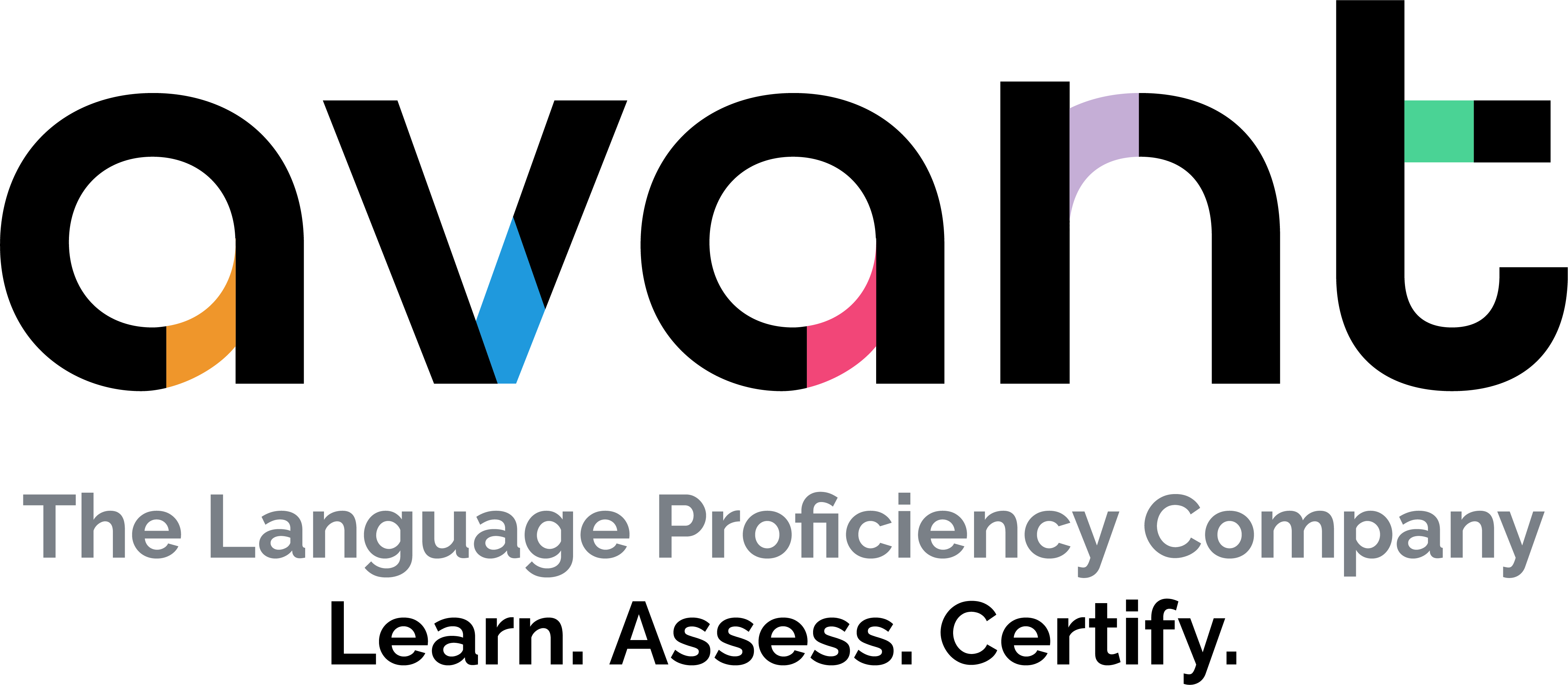Dive Brief:
- Louisiana State Superintendent John White is voicing concerns about the National Center for Education Statistics' (NCES) transition of the National Assessment of Educational Progress from paper-and-pencil to a digital format ahead of the April 10 release of scores, Chalkbeat reports.
- White wrote in a March 23 letter that he wants to be reassured that the new format isn't more of a test of technological skill than of the reading and mathematics skills that it's intended to measure, though acting NCES chief Peggy Carr has insisted that the information White seeks will be released, as well, and that efforts were made to ensure comparisons were accurate amid the transition.
- Chalkbeat also notes that student performance tends to dip on digital exams, and a small percentage of those who took the NAEP last year continued to do so on paper for officials to make comparisons and adjust for differences.
Dive Insight:
While students statistically tend to have performance dips on digital exams compared to traditional paper-and-pencil formats, that's not the only issue administrators and officials must take into consideration. For low-income schools, inadequate networking infrastructure can also hinder performance if there isn't enough bandwidth to accommodate a large number of students taking an exam at the same time — or if the school is located in a rural area where access to reliable, high-speed internet is already impeded by geography.
The Federal Communication Commission's E-Rate program can help alleviate some of these concerns to an extent if districts apply for the funding, but it's also worth noting that some communities already face uphill battles with getting things like fiberoptic lines installed to begin with. Internet service providers might be more inclined to invest in running 10 miles of fiber in a city with a larger customer base than in a remote rural area due to the simple difference in the return-on-investment involved in that decision. As a result, administrators will likely have to make their case to officials to offer incentives to those companies to make the proposition more enticing. The digital transition isn't likely to slow down, so being able to accurately measure students' performance on mandated assessments will likely depend on it.














